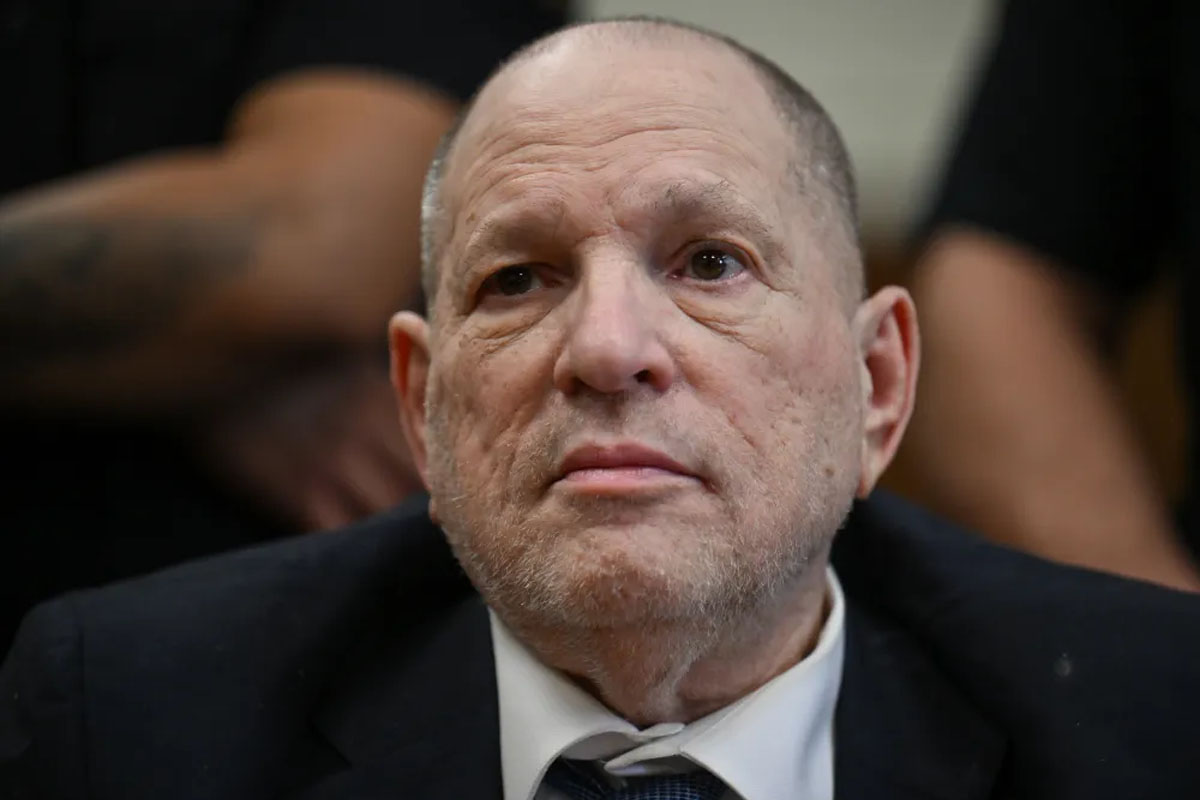
Photo Credit:Getty Images
In a move that shocked both Hollywood and political circles, conservative commentator Candace Owens released a special interview this week featuring none other than disgraced film producer Harvey Weinstein. The sit-down, filmed at a correctional facility in upstate New York, marks Weinstein’s first long-form interview since his 2020 conviction on charges of rape and sexual assault.
Owens, known for her unapologetic takes and willingness to confront polarizing figures, said the interview was part of a broader series focused on “power, justice, and redemption in America.” Yet many critics were quick to accuse her of platforming a convicted predator.
In the hour-long conversation, Weinstein appeared gaunt but composed. “I lost everything,” he said. “But what people forget is that the system isn’t just broken for the accused—it’s broken for everyone.”
Owens pressed him on the numerous allegations—over 80 women have come forward since 2017. “Do you deny the women’s stories?” she asked. Weinstein respondedcarefully, claiming that while he had made “mistakes,” he believed the media’s portrayal of events was “one-sided and politically weaponized.”
The moment that Ignited the most controversy came halfway through the interview when Owens questioned the #MeToo movement. “There’s a difference,” she said, “between actual abuse and regretted decisions. The media seems uninterested in that nuance.” The statement quickly trended online, with critics accusing her of minimizing victims’ experiences.
But Owens didn’t back down. In a follow-up post on X (formerly Twitter), she stated: “I don’t support Weinstein. I support truth. And truth demands we interrogate everyone, even monsters. Especially monsters.”
Supporters applauded Owens’ boldness, arguing that the conversation, while uncomfortable, was necessary. “She asked the questions no one else would,” said one viewer. “It wasn’t about forgiveness—it was about accountability, from every angle.”
However, others found the interview tasteless and opportunistic. “This wasn’t journalism—it was theater,” said Emily Nussbaum, a media critic. “There’s a difference between confronting power and giving it a microphone.”
Throughout the sit-down, Owens attempted to steer the conversation toward broader themes : Hollywood hypocrisy, political manipulation of movements, and the media’s role in shaping public opinion. “There are people in Hollywood who enabled you, who
partied with you, who are now pretending they never met you,” she said. Weinstein nodded, replying, “Hollywood loves a villain, especially one they helped build.”